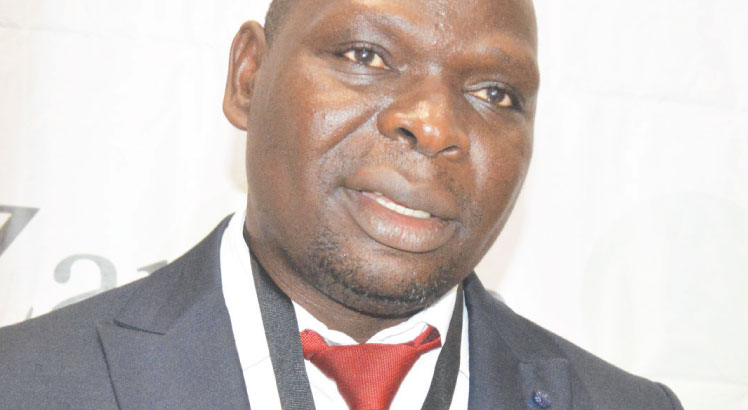FDI inflows slow, Malawi losing out—World Bank
Malawi’s net foreign direct investment (FDI) has been slowing down from a peak of 9.9 percent of the gross domestic product (GDP) in 2014 to 0.4 percent by 2022, World Bank data shows.
With GDP at K12 trillion, in monetary terms the slowdown means a decline from about K1.2 trillion in 2014 to about K480 million in 2022.
The United Nations (UN) defines FDI net inflows as the value of inward direct investment made by non-resident investors in the reporting economy, including reinvested earnings and intra-company loans, net of repatriation of capital and repayment of loans.
The UN further said the slowdown is an indication that the country is losing out on the potential role of net FDI in financing the construction of new infrastructure, the creation of jobs as well as fostering economic stability.

Commenting on the report, Minister of Trade and Industry Simplex Chithyola Banda admitted that Malawi’s net FDI inflows have been affected by the Covid-19 pandemic, natural disasters, unsustainable debt and power generation.
He said the scarcity of foreign currency and shortage of fuel also add on to some of the major challenges that made FDIs to slow down.
Said Banda: “However, we have worked towards putting up strategies to attract FDIs. Firstly, we are working on legal and regulatory framework to ensure that we have investment-friendly legislations that attract FDIs, but also working towards addressing the bottlenecks in doing business
“Through Malawi Investment and Trade Centre, we have established one single window that sees many FDIs easily invest in this country.”
Malawi University of Business and Applied Sciences economic professor Betchani Tcereni said that the slowing down of FDIs means sluggish tax collection, job creation and economic growth and development in general.
He said: “A number of areas need to be clarified, especially in terms of policy clarity, delays in government departments. We need to have these resolved quickly.”
The United Nations Conference on Trade and Development (Unctad)earlier indicated that the 2023 outlook for global FDI in Malawi appears weak, with a significant number of economies around the world expected to enter into a recession.
Unctad data shows that in developing countries such as Malawi, the number of projects across all Sustainable Development Goal sectors, including sustainable infrastructure, food security, water and sanitation increased by just three percent while values shrank slightly.





